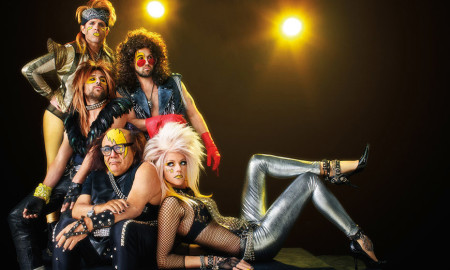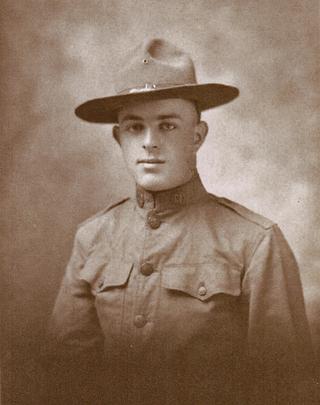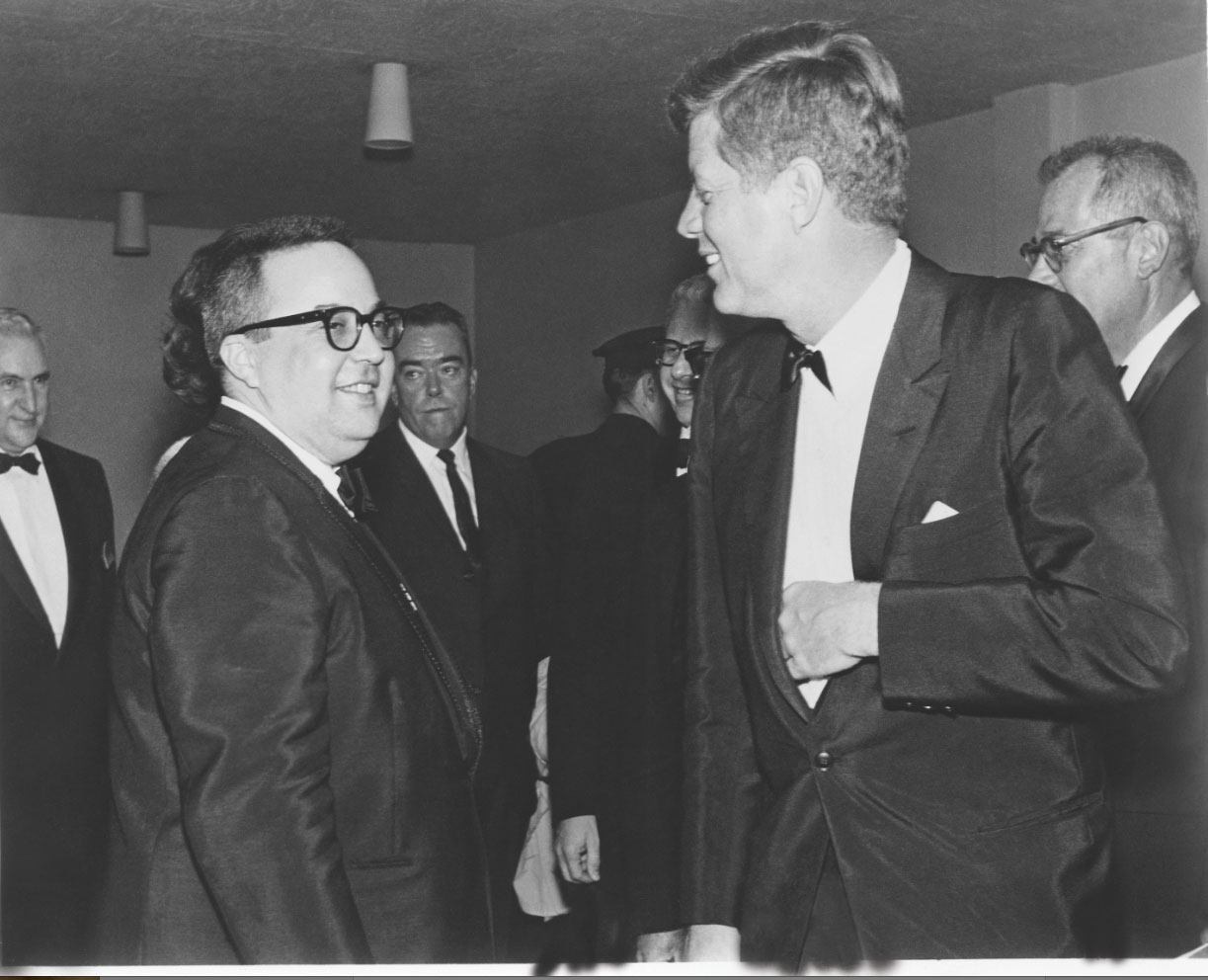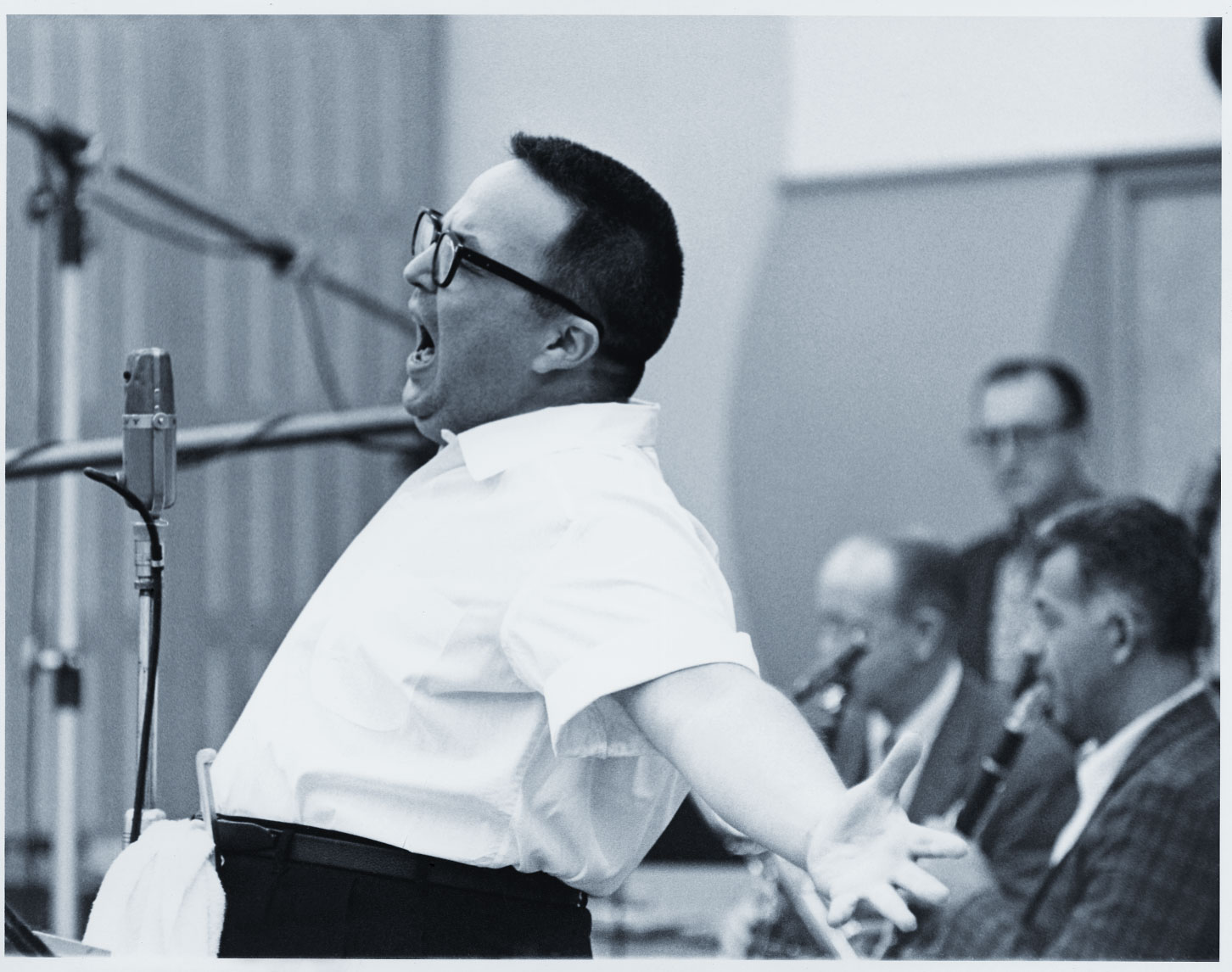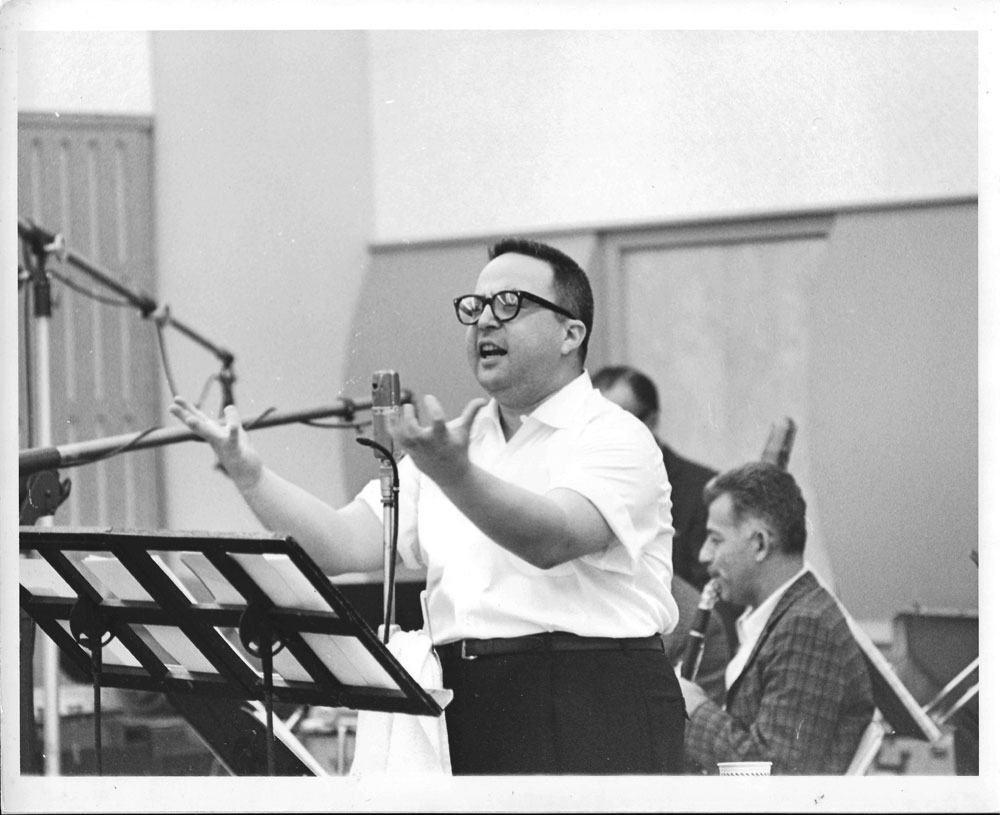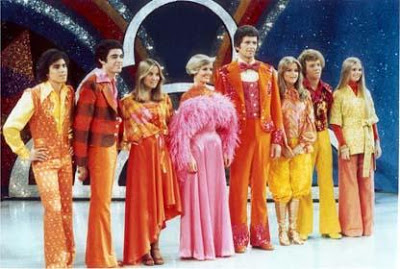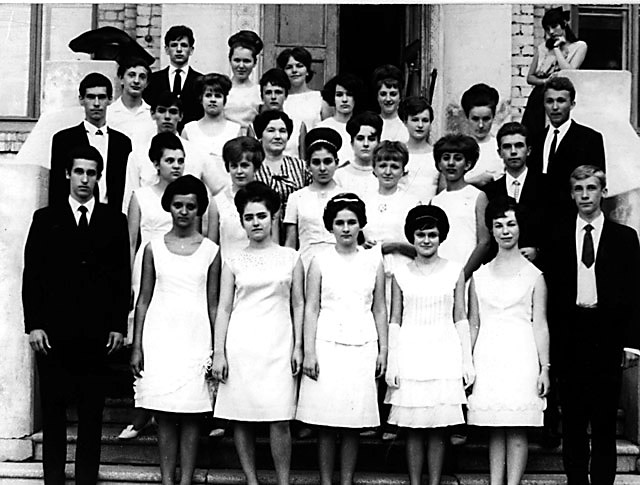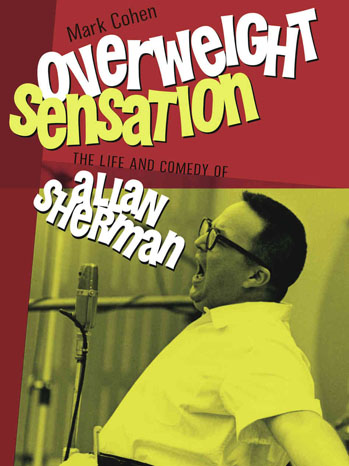

Before Weird Al, there was Allan Sherman, whose song parodies nailed ethnicity and suburban conformity.
Long before the Seventies, when “Kiss Me, I’m Italian” and “Black is Beautiful” T-shirts, as well as crucifixes and Jewish ‘chai necklaces were suddenly fashion vogue, ethnic culture was better left unsaid.
In the earlier part of the twentieth century, it was all about assimilation, integration and Americanism. Anything ethnic, if mentioned at all, was feebly Morse coded. Jews, Germans and Italians quietly changed (or shortened) their last names. The Jim Crow South stubbornly remained segregated. Early TV’s most popular characters were white, Anglo-Saxon and Protestant.
Then came Allan Sherman. In 1962, his comedy album, My Son, The Folk Singer, took non-copyrighted folk songs and substituted hilarious new lyrics with a suburban, Jewish sensibility.
The album should have been obscure and quickly forgotten, but instead, it went supernova. And not just Jews purchased it. It struck a nerve, and had a lot of nerve. It felt modern, funny, and smart. Suddenly, it was hip to be Jewish.
Even President Kennedy was singing along to the Sherman hit novelty songs. And the Sixties became the Sixties, which begat the Seventies.
Sherman himself was not star material. He was short, fat, and bespectacled. His singing voice left a lot to be desired. Nevertheless, in the new age of Woody Allen and Barbra Streisand, he became a star, selling out venues all over the world, his records breaking records.
However, his self-destructive lifestyle (drinking, whore mongering and obsessive eating) led to an early demise. By the early Seventies, with his style of humor and recordings suddenly passé, he was dead.
Only recently has his flame begun to burn brighter. Larry David just performed one of Sherman’s biggest hits with the Boston Pops (see below). Jerry Seinfeld and Jason Alexander, among others, cite him as an influence.
 Historian Mark Cohen’s new book, Overweight Sensation, tells of the quick rise and pathetic fall (and shocking details) in the mad life of Allan Sherman.
Historian Mark Cohen’s new book, Overweight Sensation, tells of the quick rise and pathetic fall (and shocking details) in the mad life of Allan Sherman.
In our Modern interview, Mark touches upon Sherman’s cultural significance.
What makes Sherman a pioneer?
Allan Sherman was one of those very influential funny men whose lasting influence is still around with us today. And his comedy still works today. He writes about the suburbs and raising kids and summer camp [Sherman’s biggest hit was “Hello Muddah, Hello Faddah,” about a boy at summer camp writing a desperate letter to his parents]. He really was a brilliant observer of American life.
What sets him apart from other groundbreaking Jewish comedians at that time, like Mel Brooks, Carl Reiner or Shelly Berman?
One of the things that makes Sherman so interesting is that he was not really an entertainer. And he didn’t sell 1.2 million albums of his very first album, My Son, The Folk Singer, just to Jewish families. That is not what happened. He became a general sensation.
His became the #1 best-selling album in the country. He was invited to play The National Press Club, and the 50th anniversary party for the Department of Labor. These were not Jewish audiences. He had an enormous response from the general American public.
So the culture was at last ready for Allen Sherman and his mix of ethnic humor and contemporary subject matter.
By the late Fifties, things were changing. You had great comedians on record like Shelly Berman, Mike Nichols and Elaine May, and Carl Reiner and Mel Brooks [The 2000 Year Old Man]. But Sherman’s success had eclipsed almost anything that any comedian had seen on record up to that date.
Tell us about the recording of that historic album, My Son, The Folk Singer.
It was recorded in Los Angeles, in-studio at Warner Brothers Records. They invited in groups of people [as a studio audience], so that laughter you hear on My Son The Folk Singer is not a laugh track.
That laughter is about 125 people seated in a studio listening to Sherman record his album: friends, relatives and people from show business. And it had to work the first time. His first album was done on a shoestring budget. He had only been in LA for about a year and a half at that point.
People were stunned and they laughed their heads off. That laughter on the album was a very important part of the experience, because when you listened to it at home, you felt a part of a community of people.
It’s easy to assume that Sherman was just another Jewish Catskills comedian, but that was not the case.
He was really not a Catskills guy. He was born in Chicago, and raised in both LA and Chicago. He only came to the New York area after college in 1945. He played house parties in Great Neck, Long Island. He did play the Catskill Mountains at the height of his fame, at Grossingers and Concord hotels. But Sherman was not formed by the Catskills.
We know very much about his work, but not about him as a person. Until now, with your book. Who was he?
He identified himself as Humpty Dumpty, and it wasn’t just because he was big and round. It was also because he was delicate and fragile and damaged.
It was a brilliant metaphor for his life. He had a very difficult childhood. He had crazy parents. He almost never saw his father after his parents divorced when he was seven-years old.
His mother remarried a gangster who killed himself. Sherman was raised by crazy people, but laughter was the medicine that kept him together.
He had a dark side too, which would surprise most of his fan base.
Humor saved his life, but what got him into trouble was his tremendous success. It allowed him to indulge in all of his crazy desires. He smoked like mad; he drank like mad; he screwed around with tons of different women like mad.
What marked the end for Allan Sherman?
When the cultural tide changed and The Beatles came in, his work wasn’t as good and his audience had disappeared into other things. Also, his personal life undermined him.
More specifically, his obsession with sex and beautiful women did him in.
He wrote a book called The Rape of the APE, which was a history of the sexual revolution. APE was short for ‘American Puritan Ethic.’
It’s a long book, not a throwaway, and there are long sections of this book that are thoughtful and funny and insightful about love and sex and the human condition.
He had attended orgies. He participated in group-sex parties. It helped me understand why he wrote a book called The Rape of the APE. He had been fascinated with sex. That’s why he wrote that book. It didn’t come out of nowhere. It came out of a long period of sexual experimentation.
Smoking, drinking and womanizing did not keep his creativity down, though.
He kept writing. He kept thinking. He kept creating. And the works he did were not bad. It’s true that he lost his fame, his money, and his popularity. But he didn’t lose his mind. He didn’t become an adult sad sack.
What would you say was his biggest legacy?
Sherman’s generation of American-born Jews were all children of the 1920s. Their parents were immigrants. They started finding their own personal stories for material. They wanted to use that material and transform it so that it can be presented to the world, but not in a disguised way. Sherman was a big part of bringing Jewishness out of the closet.
Check out the book here.
Related Media
Here’s Larry David channeling Alan Sherman with the classic “Shake Hands WIth Your Uncle Max” at the Boston Pops! This Irish ditty never sounded so kosher!
In Comedians In Cars Getting Coffee, check out Jerry Seinfeld’s enthusiastic reaction to the idea of Allan Sherman “appearing” on Mad Men. A genius admiring a genius idea.
Brilliant Rick Moranis’ latest album is Shermanesque, to say the least. Dig: My Mother’s Brisket & Other Love Songs.
(JFK photo: Courtesy of Robert Sherman, Sherman Sings: Courtesy of Robert Sherman, ’62 or ’63 Session: Courtesy of Robert Sherman, Book cover: Courtesy Brandeis U. Press)



